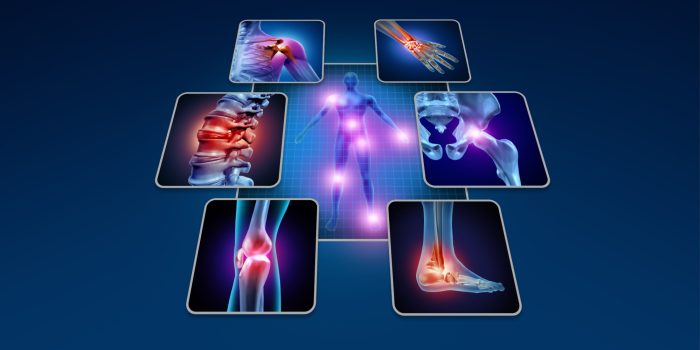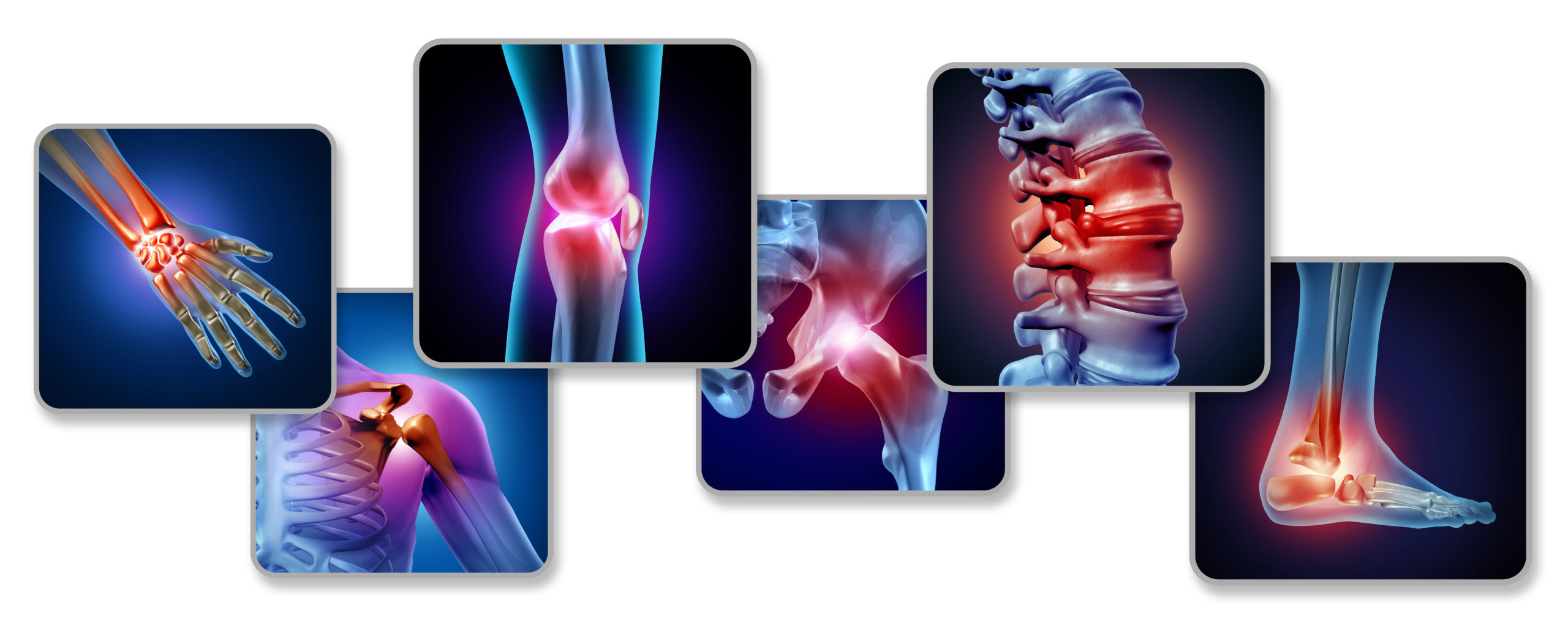
Resolvin T4 and Abatacept are a game-changer for Rheumatoid Arthritis
April 3rd, 2024Rheumatoid Arthritis (RA) is a progressive disease causing inflammation and swelling in the joints of the fingers, wrists, feet and ankles. The autoimmune disease can cause problems in other body parts – the lungs, the heart and the eyes. However, research has proven Resolvin T4 and Abatacept are a game-changer for the disease.
RA sufferers are twice as likely to develop atherosclerosis
Atherosclerosis is the hardening of the arteries. It happens when fatty material builds up on the artery walls otherwise known as ‘plaque’. The plaque can lead to vascular problems and premature death. RA sufferers are twice as likely to develop atherosclerosis, but new findings have revealed that Resolvin T4 can potentially reverse inflammation and artery blockages. This is good news for those people with RA who have developed atherosclerosis.
What is Resolvin T4?
Resolvins are a series of endogenous lipid mediums which can alleviate inflammation, pain and damage. A recent study has looked at different subtypes of Resolvins. Resolvin T4 has proven to enhance the body’s natural defences against atherosclerosis in RA sufferers.
Resolvin TV can reduce local inflammation and remove blockages
A study at the Queen Mary University of London’s William Harvey Research Institute and Centre for Inflammation and Therapeutic Innovation funded by the European Research Council (ERC) and Barts Charity. Research revealed that increasing the levels of Resolvin T4 in the body improved the ability of the body’s defence mechanisms (macrophages) to reduce local inflammation and remove blockages in blood vessels.
Jesmond Dalli, Professor in Molecular Pharmacology and Lipid Mediator Unit Director at the university said, “The study is important because it identifies for the first time the loss of RvT4 production as a potential new cause of blood vessel inflammation in the context of arthritis, offering a mechanistic explanation on the cause of this important disease in RA patients. It also showed that RvT4 restores the biological activities of lipid-loaded macrophages by promoting lipid breakdown and efflux from the cells, an observation that can guide the development of new treatments to limit the incidence and/or severity of cardiovascular disease in patients with RA.”
Victoria King, Director of Funding and Impact at Barts Charity said: “This exciting discovery helps to explain why certain patients with rheumatoid arthritis are more likely to develop blood vessel disease. This could pave the way for the development of new treatments for these patients to help them live longer and healthier lives.”
Read the full study notes here.
There’s more good news, the RA drug Abatacept could prevent the disease for those most at risk
There’s no current cure for RA. The debilitating disease normally affects middle-aged people, but there are younger groups too. The drug Abatacept is used to reduce the progression of RA but, Birmingham University researchers performed a study at King’s College in London, a phase 2 clinical trial to see if Abatacept could prevent the disease from developing in those most at risk – the results were very promising.
Professor Andrew Filer at the University of Birmingham, Institute of Inflammation and Ageing said, “This trial is important because it is the largest study examining prevention of rheumatoid arthritis to date and uses advanced imaging to understand the full extent of joint inflammation during the study. This gives the study researchers significant power to understand who, when and how to target people at risk of arthritis.”
Whilst it is early days for Resolvin T4, it brings great hope to people suffering with RA. For those at risk of developing the disease, the drug Abatacept could be a life saver.
RA diagnosis and self-help
If you think that you have developed RA go and see your doctor. The doctor will assess you by looking at your medical history and asking questions such as:
- What are your symptoms?
- What is your family medical history?
- What is your lifestyle like? Do you smoke, do you drink alcohol, are you eating a nutritional diet, and do you exercise?
The doctor will do some tests, such as:
- A physical examination
- Blood tests
- Checking your weight
- Joint scans
- X-rays
If the results reveal that you do have RA, a medical expert will help you with a pain management plan.
There are things that you can do to help yourself, such as:
- Giving up smoking
- Lose weight
- Stay physical
- Sleep well
- Dental hygiene
- Manage stress
- Emotional well being
- Nutritional diet
- Stay hydrated
We recommend our product JointPro peptide cream. It relieves joint pain and arthritis.
References
- https://www.qmul.ac.uk/media/news/2024/fmd/study-finds-new-treatment-to-reverse-inflammation-and-arterial-blockages-in-rheumatoid-arthritis-.html
- https://www.eurekalert.org/news-releases/1033258
- https://www.nature.com/articles/s41467-024-44868-1
- https://www.birmingham.ac.uk/news/2024/clinical-trial-shows-rheumatoid-arthritis-drug-could-prevent-disease






